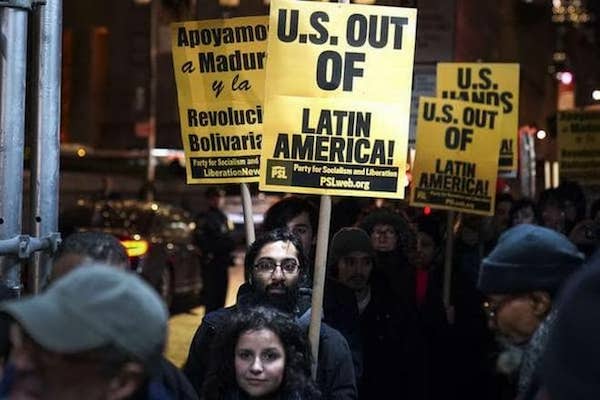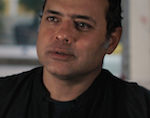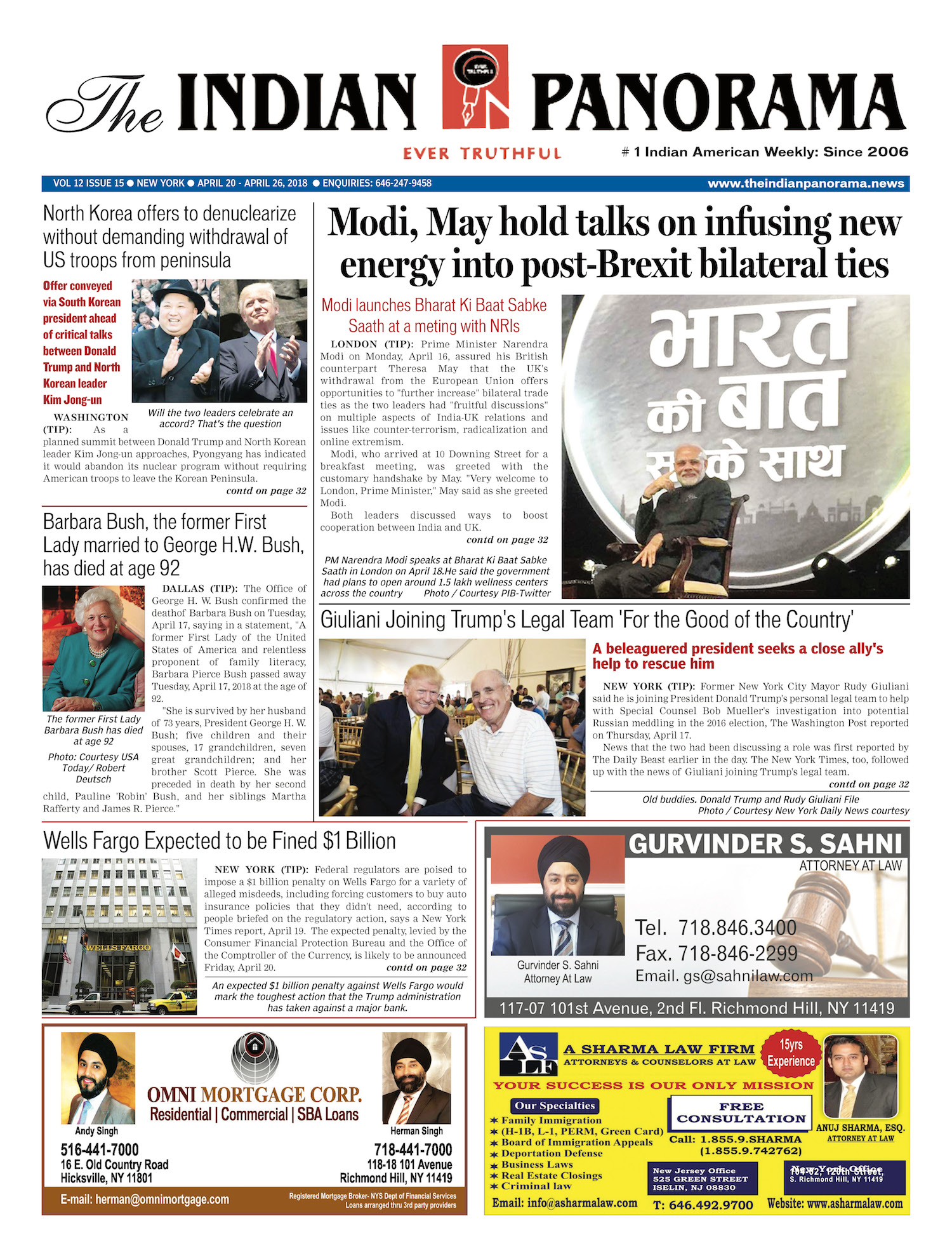
The country was once the heartbeat of leftist assertion. But with change in the Americas, matters are now complex

Thus far, the government of Mr. Maduro remains in power, and the military has pledged its fealty to the re-elected president. It is unlikely that the Venezuelan Opposition — controlled by the old oligarchy — will be able to engineer a coup from within the country. It tried such a political maneuver in 2002, which failed. This time it has failed again.
The fulcrum of geopolitical tension sits on Caracas, the capital of Venezuela. An attempted coup on January 23 has failed. The U.S. decided to recognize a member of the Opposition, Juan Guaidó, as the President of Venezuela. U.S. officials called upon the military to rise up against the government of President Nicolás Maduro. This was against the charters of the United Nations and of the Organisation of American States (OAS). None of that mattered. The drumbeats sounded from Washington to Caracas. There was a minor drum playing from many Latin American capitals, those whose governments had joined the Lima Group — set up in Peru in 2017 to overthrow the government of Venezuela.
There is little respite for the country, where tension sits heavily from one end to another. Thus far, the government of Mr. Maduro remains in power, and the military has pledged its fealty to the re-elected president. It is unlikely that the Venezuelan Opposition — controlled by the old oligarchy — will be able to engineer a coup from within the country. It tried such a political maneuver in 2002, which failed. This time it has failed again.
Venezuela’s Foreign Minister Jorge Arreaza, 45, has been understandably busy on the day after the attempted coup. The U.S. tried to isolate the Maduro government. The OAS met in Washington DC, where the U.S. government tried to get it to unanimously vote against Mr. Maduro. Even that meeting could not go as scripted. A veteran activist from Code Pink, Medea Benjamin, sneaked into the room and chanted slogans against the attempted coup. Many Latin American states, despite intense pressure from the U.S. government, either voted against the OAS motion or abstained. Mr. Arreaza watched these
When I asked him about the coup, he went back to 2017, the last time that the oligarchy tried to wrest control of the government from the socialists. The socialists, led by Hugo Chávez, came to power in 1999. After the U.S. attempted to overthrow Chávez and the socialists in 2002, things calmed down. Oil prices rose and the U.S. was distracted by events in Iraq and Afghanistan. For a decade, Venezuela was able to lead a regional process of integration on an anti-imperialist foundation. But, when Chávez died in 2013, the experiment began to unravel. Oil prices fell dramatically, and the U.S. had already turned its attention to Latin America. A coup in 2009 overthrew the democratically elected government of Honduras. The gunsights turned toward Venezuela. The oligarchy, backed fully by the U.S., attempted to foment trouble in 2017.
Mr. Arreaza recalled one man, Orlando Figuera, 21, who was going through an Opposition stronghold in May 2017. “He was accused of being a government supporter and brutally beaten by masked protesters who then soaked him in gasoline and set him on fire,” Mr. Arreaza told me. He brought up this story to offer an illustration of the character of the Opposition. Mr. Arreaza called this a ‘violent fascist movement’. He wanted to make it clear that the coup attempt was a part of that movement — one that is less interested in democracy and more interested in power and wealth.
Venezuela is in trouble. No one doubts that. Oil prices have fallen to half of what they were at the highpoint of Chávez’s government. Since the treasury of Venezuela is almost entirely replenished by the incomes from oil sales, the collapse of oil prices means the collapse of Venezuela’s public finances. Unable to borrow easily, the country faces serious economic difficulties. Sanctions by the U.S. and the seizure of refining sites in the Caribbean put the country into a situation of great crisis. No wonder that people are leaving the country, fleeing their homeland as it is suffocated for political purposes by the U.S. and its Latin American allies in the Lima Group.
Colombia’s Iván Duque and Brazil’s Jair Bolsonaro are both right-wing politicians who control the governments of Venezuela’s neighbors. They have committed themselves to the overthrow of the Venezuelan government. Mr. Arreaza and others in Venezuela told me that Mr. Duque, Mr. Bolsonaro and U.S. President Donald Trump have overplayed their hands. After the attempted overthrow in 2017, the Venezuelan government tried to deepen public participation by the formation of a Constituent Assembly. It is true that the oligarchy hated this idea and that the western press amplified its views about this being anti-democratic. But, as many Venezuelans say, the Constituent Assembly and the many elections for candidates and referendums that came before 2017 have sharpened their political consciousness. It will be hard to befuddle them with talk of dictatorship.
The isolation of Venezuela is remarkable. Not long ago, the country was the heartbeat of the leftist assertion in the hemisphere. Now, with the emergence of right-of-center governments in Latin America and with an explosive energy for regime change in Washington, matters are more complex. Mr. Arreaza said that Mr. Maduro had invited the UN High Commissioner for Human Rights, Michelle Bachelet, to visit Venezuela. She has not yet come. Mr. Maduro, he said, wanted the UN to host a dialogue with the Opposition to restore some balance to the politics in the country. No such assistance has been provided. A hand is outstretched from Caracas, Mr. Arreaza said. It is waiting for someone to take hold of it.
(The author is Executive Director, Tricontinental: Institute for Social Research)





Be the first to comment